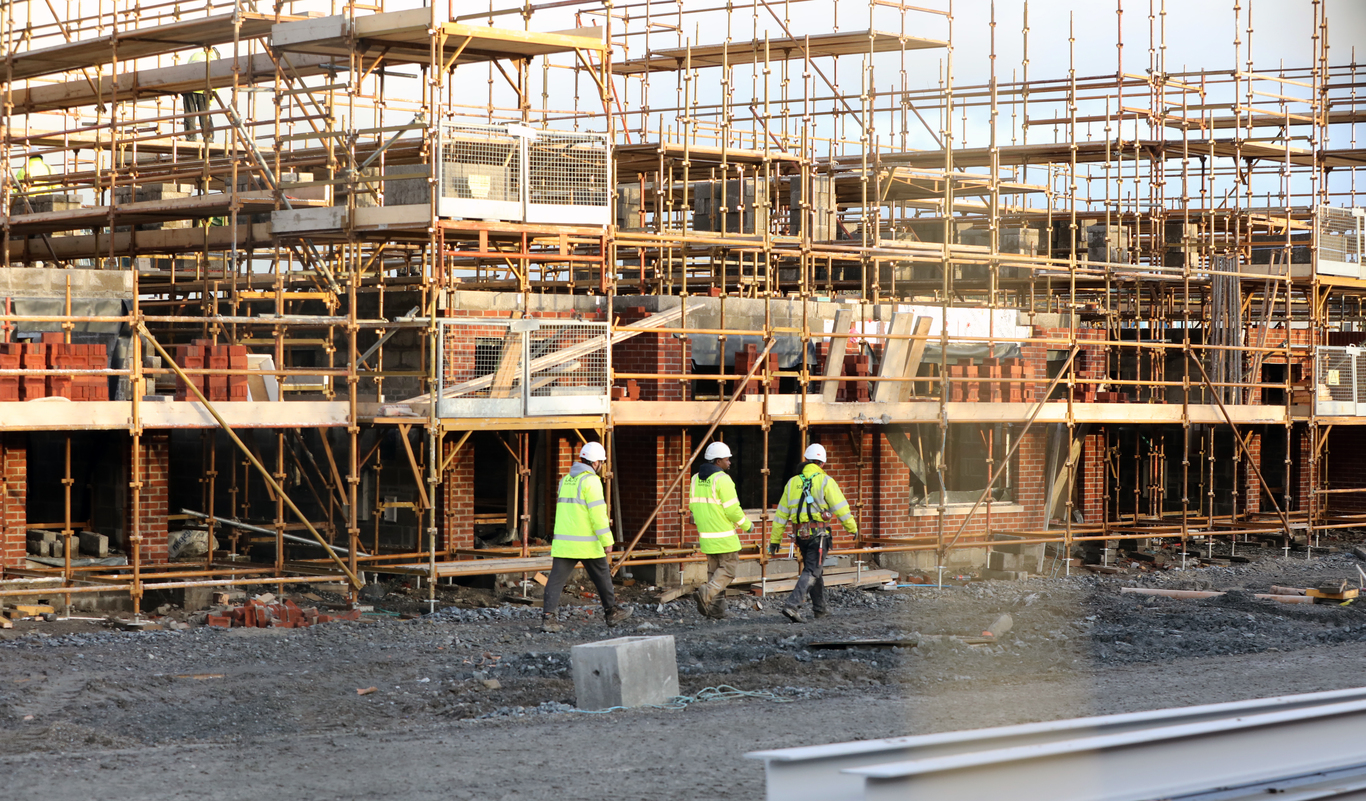A co-op housing group wants to build projects in south Dublin and border counties
It also hopes to source land for social rental accommodation in the midlands and west.
THE BODY THAT represents Ireland’s cooperative housing sector is looking to buy up privately owned sites across the country to use for new social housing developments.
Co-operative Housing Ireland has published a tender requesting expressions of interest from landowners and developers with projects-in-development, finished units or vacant land that could be used to build homes for member-tenants.
The organisation, which was founded 45 years ago, wants to buy up land earmarked by local authorities for families that can’t afford to house themselves.
Speaking to Fora, Co-operative Housing Ireland chief executive Kieron Brennan said the body hopes to provide social rental accommodation on sites in south Dublin and the border, midlands and west counties, but it is actively searching for vacant land in all parts of the country.
The organisation provides housing through different forms of the cooperative housing model including social rented housing, where homes are rented to co-op members recruited from local authority waiting lists.
Projects are funded through a range of different sources. For social rented housing, up to 30% of funding comes through the State’s ‘Capital Advance Leasing Facility’. The remaining 70% is sourced from the Housing Finance Agency, banks and private investors.
Brennan said a lack of access to land is “limiting” the group from delivering co-operative social housing units, which is why it has sought expressions of interest from private landowners.
“It’s a great shame that we have the capacity to deliver a lot more housing units than we actually can deliver because of a lack of access to land and sites,” he said.
Brennan said there are a number of sites under the ownership of the State that could potentially be used to deliver social housing. However, this land has not yet been made available to approved housing bodies like the co-operative housing group.
“We don’t have our own land bank. The State has a substantial land bank. It would seem logical and desirable that the State would match those two things up; its own ownership of land and its responsibility to house those that cannot house themselves,” he said.
“We are a charitable body. We exist to do that. We do it fairly efficiently and we can do a lot more of it.”
‘Participation’
Originally named the National Association of Building Co-ops, or Nabco, Co-operative Housing Ireland has helped provide roughly 5,500 homes since it was set up in 1973.
Those homes have been made available through a mixture of home-ownership, shared ownership and social rented cooperatives.
Since the 1990s, Co-Operative Housing Ireland has mainly focused on providing social rental accommodation using the co-op model.
As previously explained by Fora, cooperative living is designed to promote a sense of community among members, who are expected to adhere to rules set out by the collective and participate in management.
Brennan said the main attraction of cooperative housing is that tenants have the option of participating in governance.
“In our case, you become a member-tenant … you would become a member of the local co-op. That co-op would have membership of our organisation. You have the opportunity of participating in the management of your own housing body,” he said.






